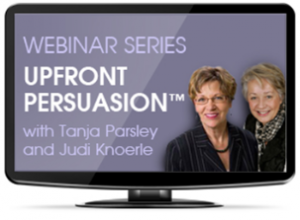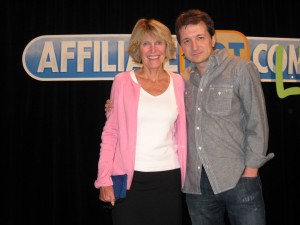 If you want to write an expert ebook, here’s another way to make it simple and easy. Think about this: writing a speech is similar to writing a book.
If you want to write an expert ebook, here’s another way to make it simple and easy. Think about this: writing a speech is similar to writing a book.
Many of the executive coaches and consultants I work with are great speakers. They tell me, “I can’t write, I’m a speaker!” But if you can deliver a keynote speech, there’s no reason you can’t write an expert ebook.
One of the take-aways from the Publishing at Sea conference last week was a presentation by Judith Briles, founder of AuthorU, about how to market your book through speaking engagements. She gave us her speech mapping template, which included these items:
Speech Mapping (abridged)
- What is your topic?
- What is your expertise?
- Why do you talk about this?
- How are you different from others?
- What are two things you want your audience to stop, start or do differently?
- What success stories do you share about this? Read More→











